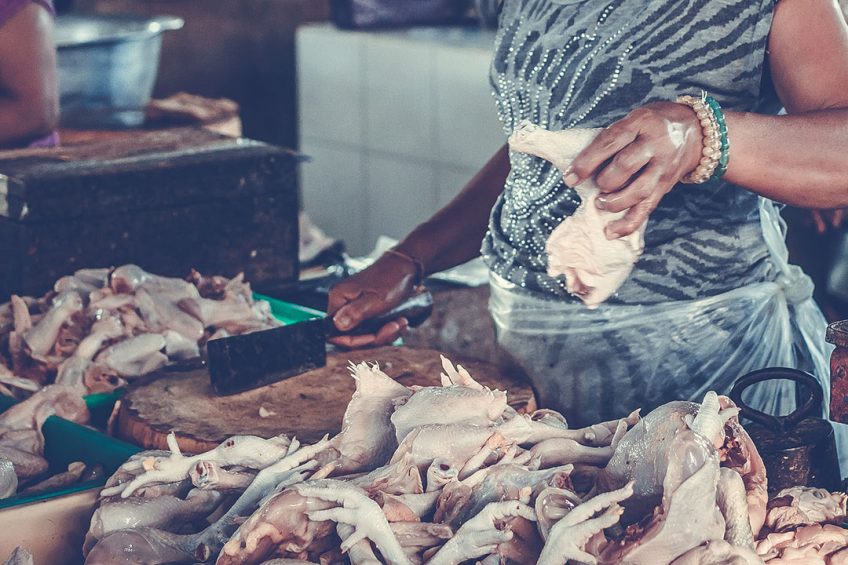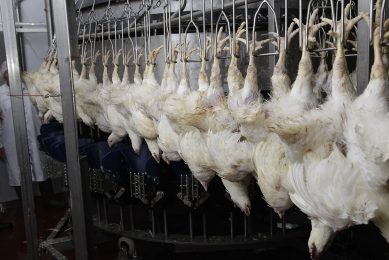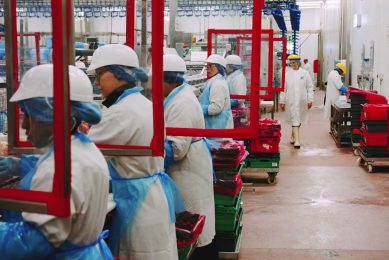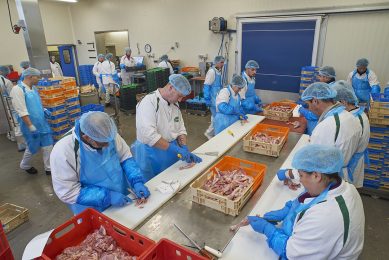2019 dominated by swine fever

As 2019 draws to a close, there is little doubt what the defining news event of the year has been. Swine fever in China has dominated global protein markets for the past 12 months and – without a vaccine to bring it under control – its impact looks set to continue for years to come.
While the virus first became established in China last summer, initially in the north before rapidly spreading throughout the country, it is only this year that its impact has really been felt.
Find out more about African Swine Fever at our ASF section pageᅠᅠ
Between a third and half of the global swine herd will die because of the disease and, without a vaccine, Rabobank has estimated that the total pig herd in China (which accounts for almost half of global production) will be down by a quarter this year.
Some striking predictions have been made on the back of this extraordinary disease event. It has been predicted that poultrymeat consumption will overtake pork this year instead of in 2026, as previously forecast. This year is likely to be the first in decades when total meat production contracts. Feed too, will be affected – as will the margins of additive companies that were forging ahead into Chinese markets.
The impact on the poultry sector may have been relatively limited this year but that will probably change in 2020. Chinese consumers favour the dark cuts of chicken and breast is not price competitive on international markets, so fifth quarter prices are likely to rise further. It is also probable that the authorities in the country will allow imports from more countries – a long-standing ban on American poultrymeat was recently lifted, for example.
Also read: China lifts US poultry ban
So, what to expect next year?
It is likely that big businesses in the poultry sector will start to see a tighter market, while in China companies are expected to double down their investment in more integrated supply chains for both poultrymeat and pork. Whatever happens, it just goes to show that you can’t predict anything in agriculture and the companies that survive are those that are ready to adapt.











